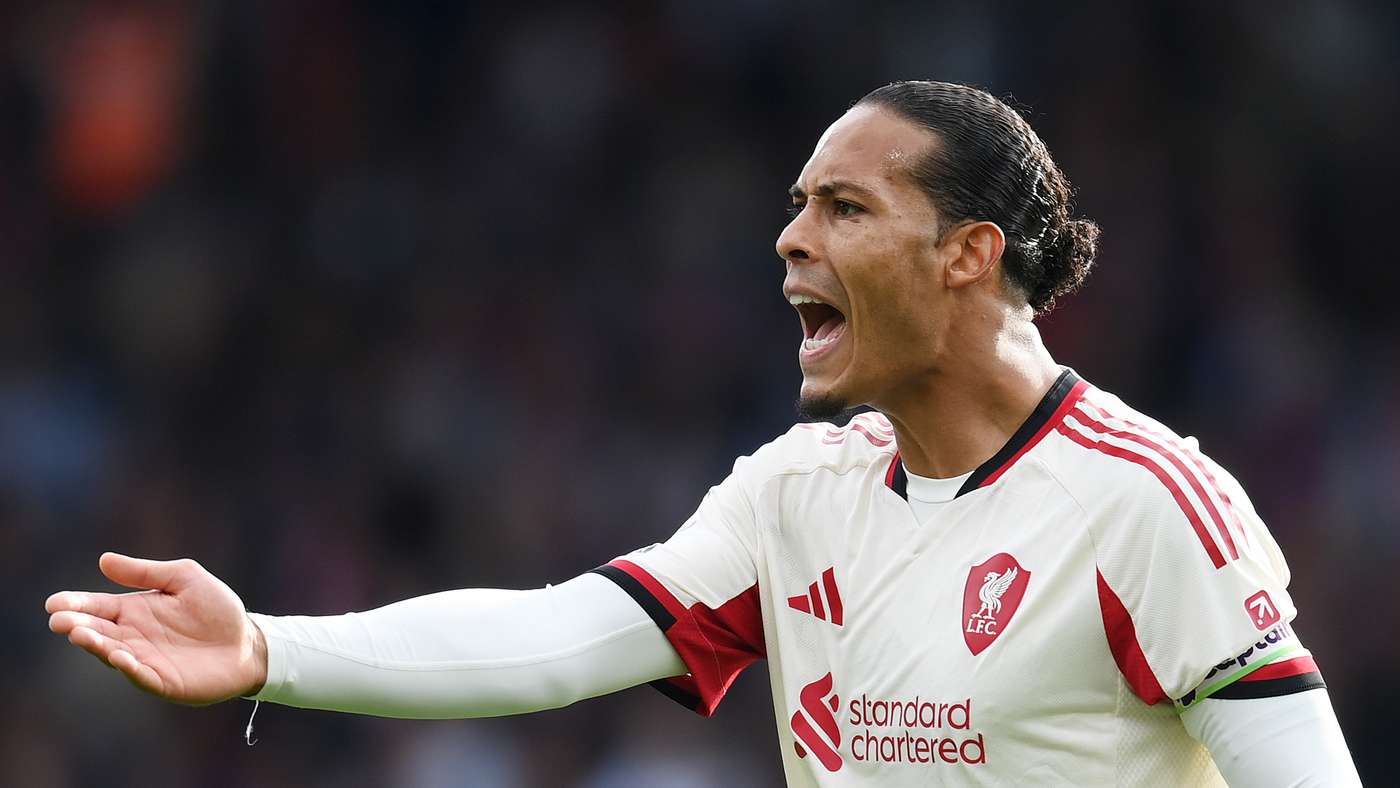The Ferguson Aftermath: Why Manchester United Has Become a Symbol of Decline
28 September 2025

The Ferguson Aftermath
Since Sir Alex Ferguson retired in May 2013 after 27 years of trophies, Manchester United has shifted from England's dominant powerhouse to a symbol of chronic underachievement. Fast forward to September 2025, the team sits mid-table, enduring a sequence of losses, and facing mounting pressure to replace its Portuguese coach Ruben Amorim after another run of setbacks.
The question isn’t merely about which manager sits on the bench; it’s whether the issue is cyclical, tied to reputations, or if something deeper is at play—an entrenched culture of underperformance in leadership and recruitment.
A Carousel of Managers
After Ferguson, seven marquee coaches took the helm, all famous names who ultimately failed to reclaim Old Trafford's throne.
David Moyes arrived from Everton as Ferguson’s chosen successor but finished seventh in 2013-2014, delivering United’s worst run in decades and was dismissed after ten months.
Louis van Gaal followed, a Champions League winner with Ajax who spent about £250 million on transfers, yet claimed only the FA Cup before his 2016 departure.
Jose Mourinho then steered the club, collecting league titles with Chelsea and Real Madrid and the Champions League with Inter, but pressure from the stands and internal tensions—especially with Paul Pogba—spelled a decline that ended with a sixth-place finish in 2018.
Ole Gunnar Solskjaer briefly revived some spirit in 2018, but failed to build a cohesive squad. Enter Ralf Rangnick as interim in 2021, who left in 2022 with United in sixth place.
Erik ten Hag arrived promising a return to European power and build from Ajax’s core strength, but while he won the FA Cup in 2024, his team regressed to eighth in 2024-2025 and he was dismissed in November 2024.
In 2024 the club shifted to a Dutch-influenced approach again, with Amorim arriving as a “savior” after a strong spell with Sporting CP; yet by September 2025, the pressure remained intense as results faltered and the club sat far from the top.
In December 2023, James Ratcliffe’s Ineos group took a 27.7% stake for about £1.25 billion, and spending surged to new highs in 2024 and 2025, with most signings failing to move the needle. The new leadership—CEO Omar Barrada and sporting director Dan Ashworth—made bold calls but did not achieve the anticipated uplift, leaving the club still searching for a coherent rebuild.
Money, Ownership, and a Culture of Failure
The saga goes beyond a string of managers. United has signed over 50 players since 2013, spending vast sums with little to show in silverware. Ángel Di María, bought for £60 million, left after one season for Paris Saint-Germain; Harry Maguire, at £80 million, became a symbol of perceived failure; Jadon Sancho and Antony were among high-traffic acquisitions that did not deliver as hoped. Cristiano Ronaldo’s return ended controversially in a clash with Ten Hag, despite a trophy-laden stop elsewhere.
The club’s leadership argues it has stabilized finances—thanks in part to Ratcliffe’s stake—but results on the pitch have not followed. Critics point to a lack of a robust, long-term structure, a doomed transfer strategy, and a culture that seems to tolerate underperformance. Since Ferguson, United has lost more than 150 league games, spent billions, and yet failed to reclaim the apex of English and European football.
The current administration, including Barrada and Ashworth, oversaw decisions like clinging to Ten Hag after a disappointing 2023-2024 season and failing to overhaul the playing style to fit Amorim’s approach. The result is a “culture of acceptable failure,” where results are secondary to revenue, and players retain their places despite subpar performances.
A Star-Studded Slide
United recruited more than 50 big names since 2013, yet many thrived abroad rather than at Old Trafford. Ángel Di María, £60 million spent, left for Paris Saint‑Germain after one season; Harry Maguire, £80 million, became a cautionary tale; Jadon Sancho, £73 million, regressed before resuscitating his form elsewhere; Antony, £86 million, never lived up to the price tag; Cristiano Ronaldo returned but exited amid a conflict with Ten Hag, enjoying success at other clubs in a different league.
Another image of the club’s struggle is clear in the sample match kits and high-profile signings that failed to harmonize. If results and cohesion don’t improve, the club risks cementing its reputation as a fallen giant rather than a perennial challenger.
Where the Problems Lie
Many analysts insist the issue isn’t solely the head coach; it’s the absence of a strong administrative backbone, flawed recruitment policy, and a culture that tolerates underachieving. Since Ferguson’s departure, United has lost numerous league games, spent large sums, and still hasn’t returned to its former glory. Ratcliffe’s rescue provided relief on the balance sheet, but it did not deliver the necessary structural overhaul to restore competitiveness.
To reverse the trend, supporters and analysts argue for a comprehensive governance reset, a clear strategic plan for player development and recruitment, and a coach who aligns with that blueprint rather than merely chasing quick fixes.
The Road Ahead
United is at a crossroads: rebuild the infrastructure, redefine the playing philosophy, and earn a return to the elite—the kind of elevation Ferguson established. Without a radical reset, the club risks remaining a cautionary tale of potential squandered in pursuit of short-term fixes.
Punchlines to close: Aim small, miss small—United’s transfer targets keep missing the bullseye by a mile.
Punchline 2: If patience were bullets, United would be firing live rounds in a training ground that forgot to load… the trophy cabinet.



